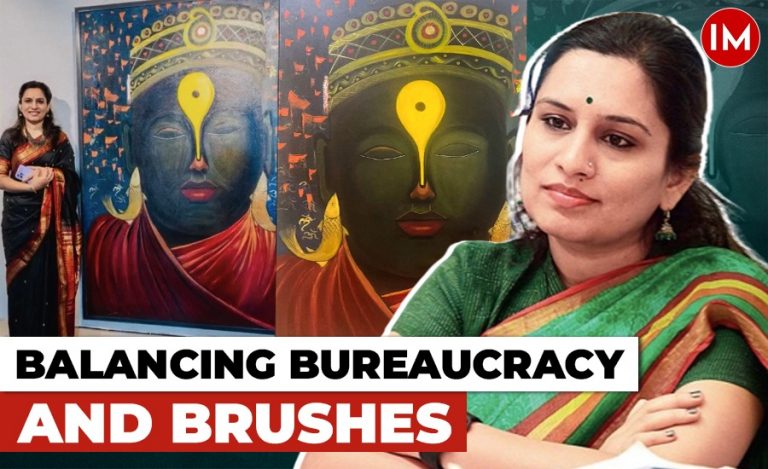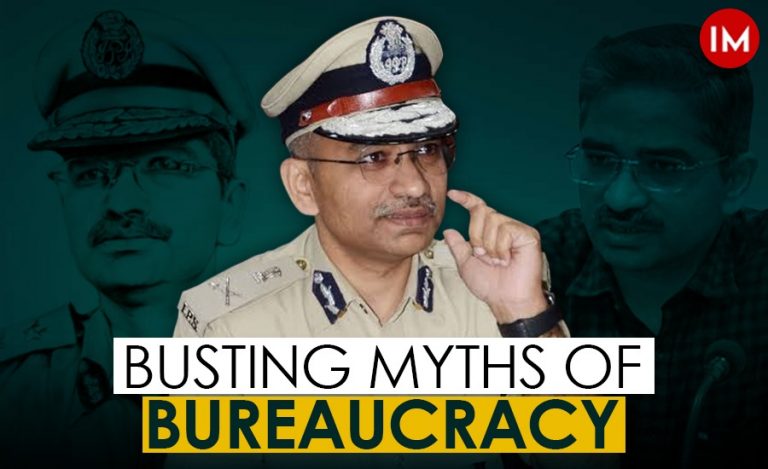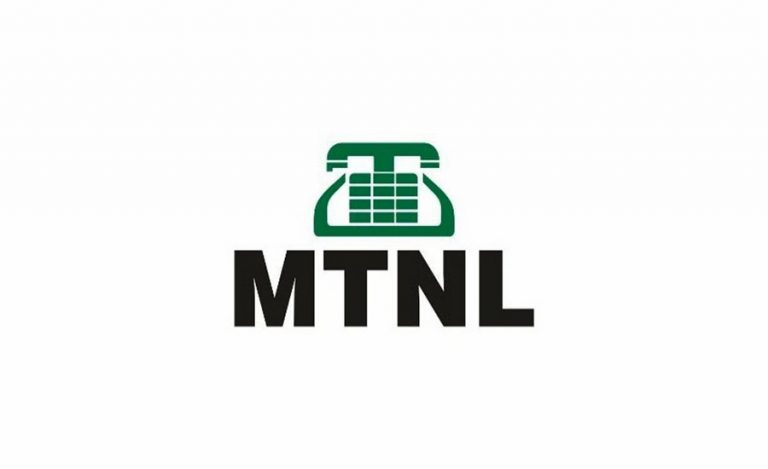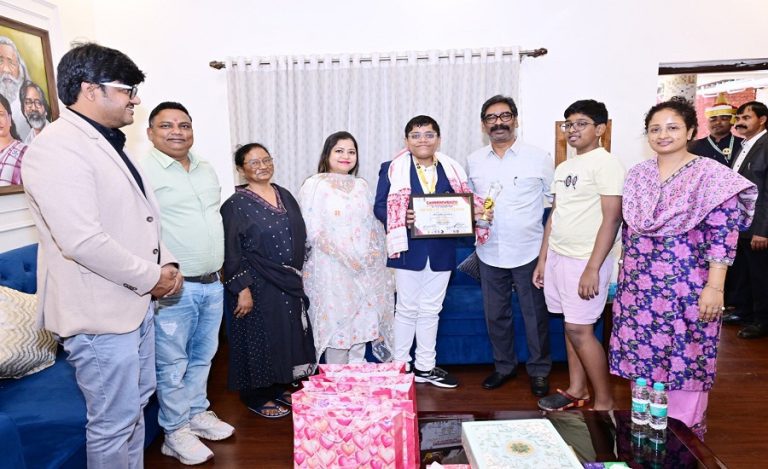If you’re preparing for UPSC CSE, the syllabus can get you confused. It is very vast and requires a lot of time. Besides the static portion, current affairs is very important for the aspirants who wants to get into civil services. Since, there is no limit to current affairs, the uncertainty can be a big challenge.
To help aspirants tide over this problem, Indian Masterminds spoke to IAS officer Yogesh Mishra, to clear all doubts related to current affairs preparation. Mr. Mishra is currently posted as Admin Officer in the Ordnance Factory in Shahjahanpur, Ministry of Defence and is the eldest of four siblings who have all cleared CSE and are civil servants.
WHAT TO PREPARE
Sharing a very important tip for all aspirants, Mr. Mishra said that for any kind of information related to exam and syllabus, one should only trust and consult the documents released by UPSC. He further said, “Current Affairs is the most uncertain and important part of the syllabus for all the stages. Still, you have to give equal weightage to all topics, including current affairs. When you see the syllabus, in the current events section it’s written – events of national and international importance. So, when you read anything, you have to keep in mind if that particular thing is significant for the exam or not.”
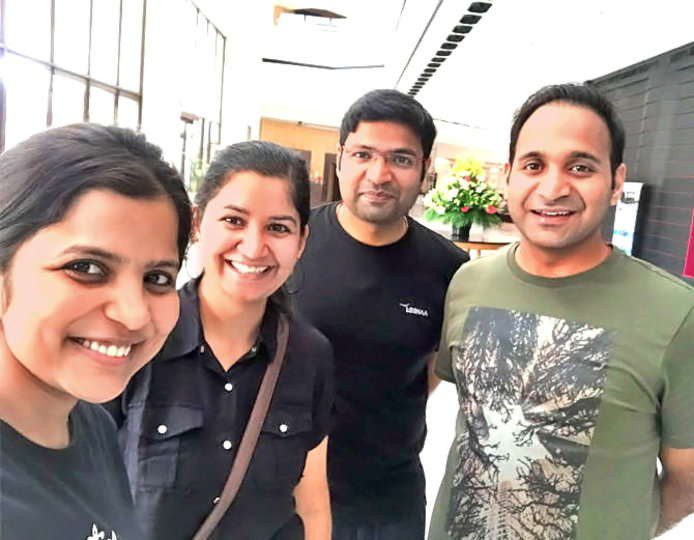
He gave the example of the Boycott Bollywood trend, saying that we don’t know if it actually happened on the ground or not. Was it only virtual? “In my opinion, it is just a topic of general knowledge, but doesn’t fall under the vicinity of current events syllabus.”
HOW TO PREPARE
Most of the aspirants take help of newspapers to prepare for current affairs. Some prepare notes and some even keep clips. “To read them thoroughly, one needs 4-5 hours of time. In my opinion, articles in newspapers might help in understanding different points of view, but it can be too time consuming for current affairs preparation. This is an unpopular opinion, but I always suggest to the aspirants to subscribe monthly compilation of current affairs of any coaching. It reduces the time, plus you get all the related content at one place.”
Mr. Mishra also warned about jumping from one source to another. According to him, anyone who is preparing should compare 9-10 compilations of various institutes in the beginning and select one. Later on, one just needs to religiously follow that one source.
HOW MUCH TO PREPARE
The biggest question that arises in current affairs preparation is the extent of preparation. How much to read. Clearing that doubt, Mr. Mishra said, “Ideally, if you are planning to appear in Pre 2023, you should read all the monthly compilations after the Mains of 2022 (September to April). You don’t need to go beyond.”
He concluded by saying that too much of anything is bad, so for UPSC preparation, aspirants must stick to the basics.
Mr. Mishra is at present mentoring 100 students for UPSC CSE.



